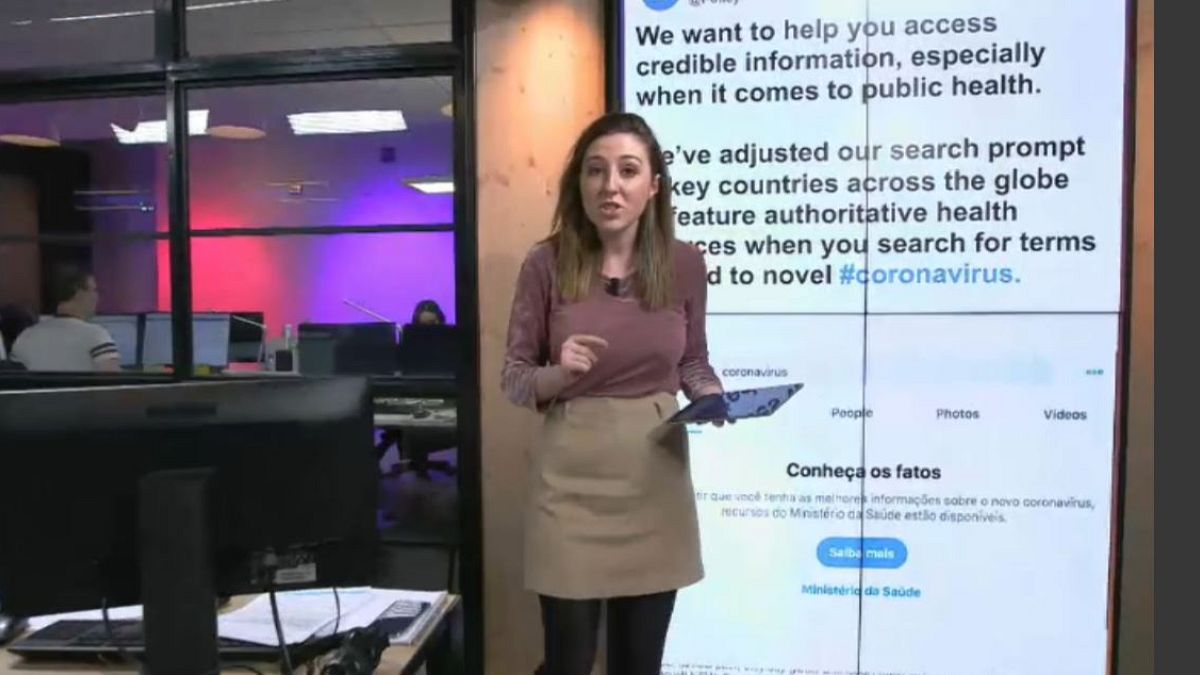Coronavirus and conspiracies: how are social media companies tackling misinformation? | #TheCube
Social media giants have been faced with an onslaught of hoaxes, conspiracies and false claims amid the spread of coronavirus.
After the World Health Organization (WHO) declared the outbreak a global health emergency on Thursday evening, the role of social media giants in protecting against disinformation on their platforms has come into sharper focus.
They have all announced plans to tackle the problem.
Facebook has reaffirmed its commitment to limiting misinformation by working in conjunction with third-party fact-checkers. Once a piece of content is rated as false, Facebook warns its users and limits its spread on both Instagram and Facebook.
Facebook also announced that it is extending its policy amid the coronavirus to remove content with false claims or conspiracies that are rated false by leading health organisations or local health authorities.
"We are doing this as an extension of our existing policies to remove content that could cause physical harm," Facebook's Head of Health, Kang-Xing Jin, said in a statement.
"We’re focusing on claims that are designed to discourage treatment or taking appropriate precautions. This includes claims related to false cures or prevention methods — like drinking bleach cures the coronavirus — or claims that create confusion about health resources that are available".
The company is also blocking or restricting hashtags aimed at spreading misinformation relating to the virus.
This follows both Twitter and Google announcing measures. Both companies are aiming to curb misinformation by boosting links by reputable health authorities.
Twitter has altered its search system, making sure verified information appears when searching for the coronavirus. Meanwhile, Google has launched the "SOS Alert" with the WHO. When searching for the virus, top search results will direct users towards the WHO website for information.
Misinformation has become a concern amid the Wuhan coronavirus outbreak, with many on social media urging for users to stop spreading unverified information.
Click on the player above as Seana Davis in The Cube details more.
